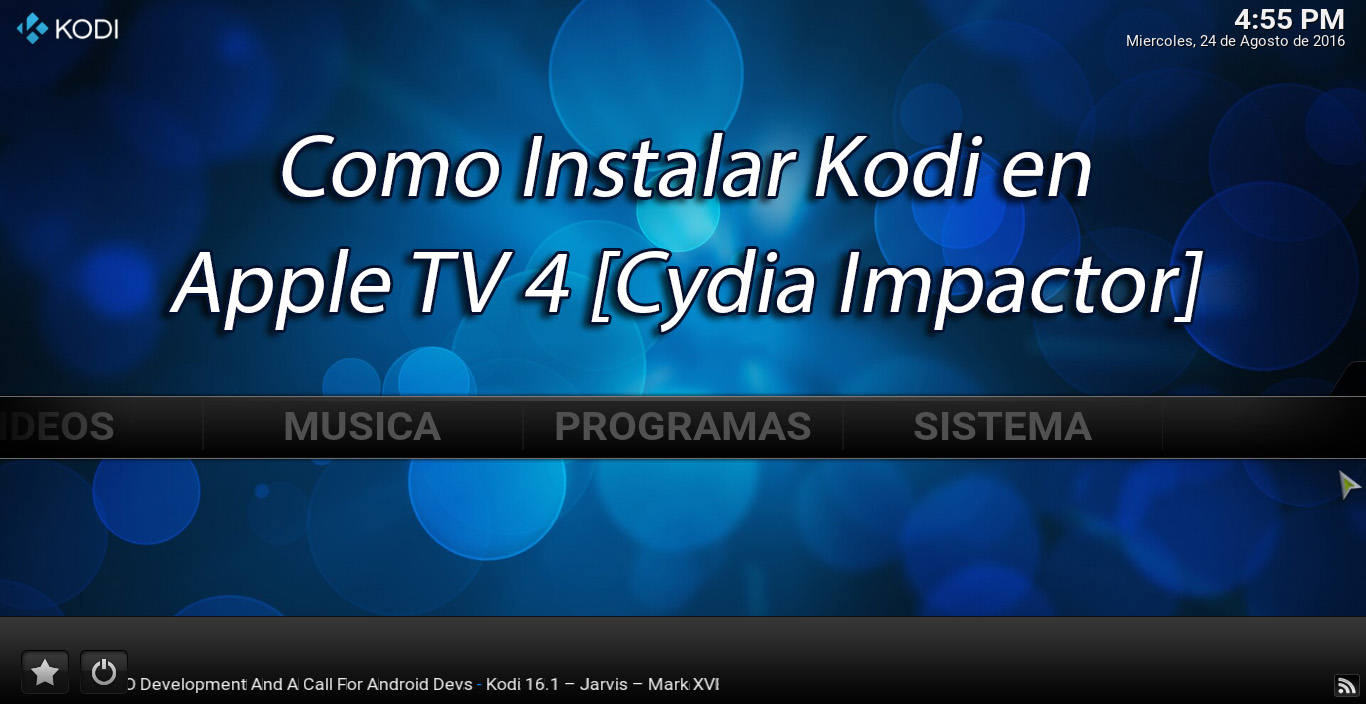


After that, enter the IP address of Kodi under the “Address” field. Just choose the architecture of your device and you can install it just like any other application.ĥ. Here, give a name to your media center, it can be anything. In case, your device is running Windows 7 or lower, you can download the offline installer from the Kodi’s official website.

Even if the build changes in the future, the installation process will be the same. Also, at the time of writing, the latest stable build of Kodi is v18.7 Leia. Head over to Kodi’s official download page, where you can download a build for any of the aforementioned platforms. In this article, we are only going to focus on Kodi installation on Windows and macOS devices. If you want to learn how to install kodi on any of the above-mentioned devices, click on the link to check it out. The good thing about Kodi is that it’s available for almost all platforms you can think of, including Windows, macOS, Linux, Android, iOS, Raspberry Pi and more. We will first start with the installation guide. We bring you a complete step-by-step guide on how to use Kodi on your PC or Mac in the best way possible. So, if you’ve used Kodi in the past, only to let it go because you found setting it up tough, well, we are here to your rescue. The various options and features can be a little overwhelming. However, if you have just started using it on your Mac or PC, chances are, you’ll know that it’s not the most easiest software to use. Also, it lets you organize all your media in a streamlined way and supports various official and third party add-ons (all thanks to an amazing community) that surely enhance its functionality, making it much more than just a simple media center software.


 0 kommentar(er)
0 kommentar(er)
